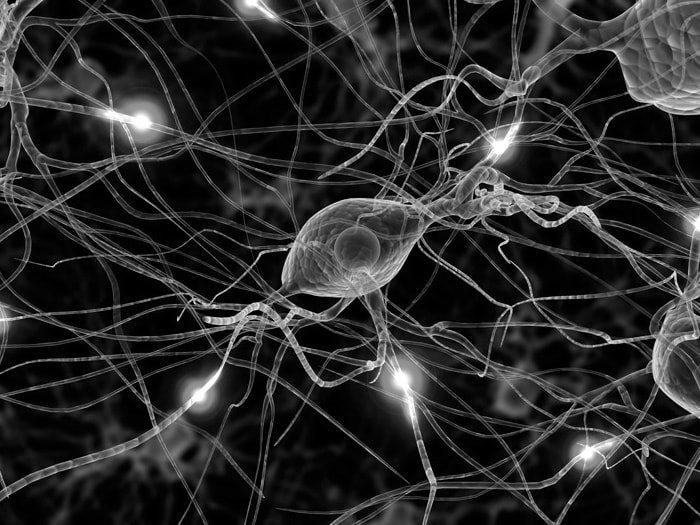“Brain-Derived Neurotrophic Factor” (BDNF) is neurotrophin that is considered an important protein that influences brain function as well as the peripheral nervous system. It influences a variety of functions including: preventing death of existing brain cells, inducing the growth of new neurons and synapses, and supporting cognitive function, while low levels of BDNF are often problematic and have been linked to Alzheimer’s, accelerated aging, poor neural development, neurotransmitter dysfunction, obesity, depression, and even schizophrenia.n.
Neurotrophins are chemicals that help to stimulate and control neurogenesis. Researchers used to believe the brain was the only organ incapable of growing new cells—which partly makes sense, since we need our brains to be relatively stable over time, to keep our memories intact and to keep us us. But in recent years, it’s become clear that the brain continues to reorganize itself by forming new neural connections throughout life. Yes, your brain cells can continue to grow new neurons (neurogenesis) and synapses even as you age. (Be warned, we are getting quite “science-y” from here on).
The science
- In the brain, BDNF is active in the hippocampus, cortex, and forebrain—areas vital to learning, memory, and higher thinking. Hence, BDNF is important for long-term memory (R).
- It is also expressed in the retina, motor neurons, the kidneys, saliva, and the prostate (R).
- BDNF has been shown to play a role in neuroplasticity, which allows nerve cells in the brain to compensate for the injury, new situations or changes in the environment (R).
- BDNF helps to support the survival of existing neurons and encourages the growth, regeneration and creation of new neurons and synapses (R).
BDNF has a circadian rhythm and decreases as the day goes on (R). When light hits your retina, it gets transmitted to your hypothalamus and in the particular suprachiasmatic nucleus (SCN). This causes the SCN neurons to fire, via the neurotransmitter glutamate. What is this SCN? The SCN is the central clock and is the conductor of your circadian rhythm. When the SCN fires, that’s when the circadian rhythm starts and you wake up. BDNF can enhance glutamate neurotransmission in SCN neurons and potentiates glutamate-induced shifts of the circadian rhythm (R). When secreted at night is probably required for light-induced shifts in the circadian rhythm (R).
Lower BDNF could be a cause, a side effect of being overweight or related to a factor that decreases both weight and increases BDNF -sleeping more, eating less, etc…But it definitely seems like more BDNF is causing people to weigh less. It suppresses food intake through hippocampal signaling (R).
In animal experiments, direct BDNF infusion into the rat brain has been shown to lower body weight and to suppress appetite (R). It also increases energy metabolism in obese diabetic animals, partly through activating the stress response and inducing UCP1 – an uncoupling protein that creates brown fat, which is easily burned for fuel (R).
In healthy humans, the fatter people are the lower their blood BDNF (R). Blood levels of BDNF have been shown to be lower in humans with obesity and type 2 diabetes (R). BDNF is also lower in the blood of obese children (R).
When BDNF levels are high, acquiring new knowledge is easier, memories are retained, and people feel happier. It can even be thought of as a natural anti-depressant (R), and when levels fall depression can ensue (R). When levels are decreased in the brains of Huntington’s patients, which might be partly responsible for the degenerative processes of the disorder (R).
What does it mean to us?
BDNF brain derived neurotrophic factor [ Homo sapiens (human) ]
https://www.ncbi.nlm.nih.gov/gene/627
Brain-derived Neurotrophic Factor
https://www.ncbi.nlm.nih.gov/pmc/articles/PMC2504526/

